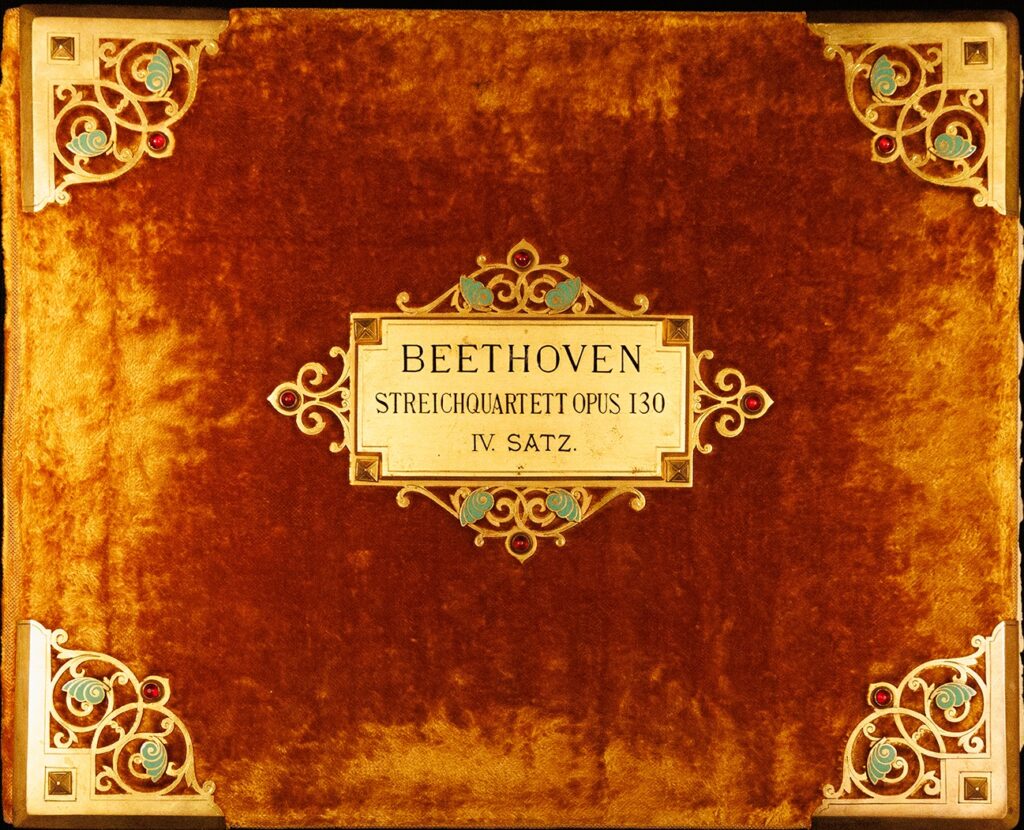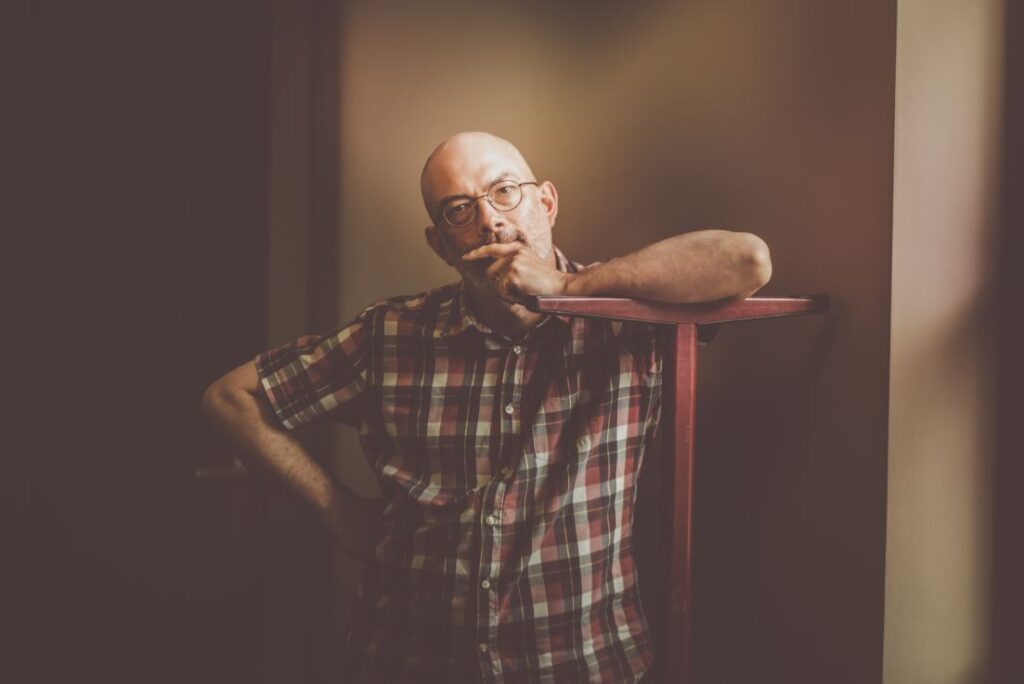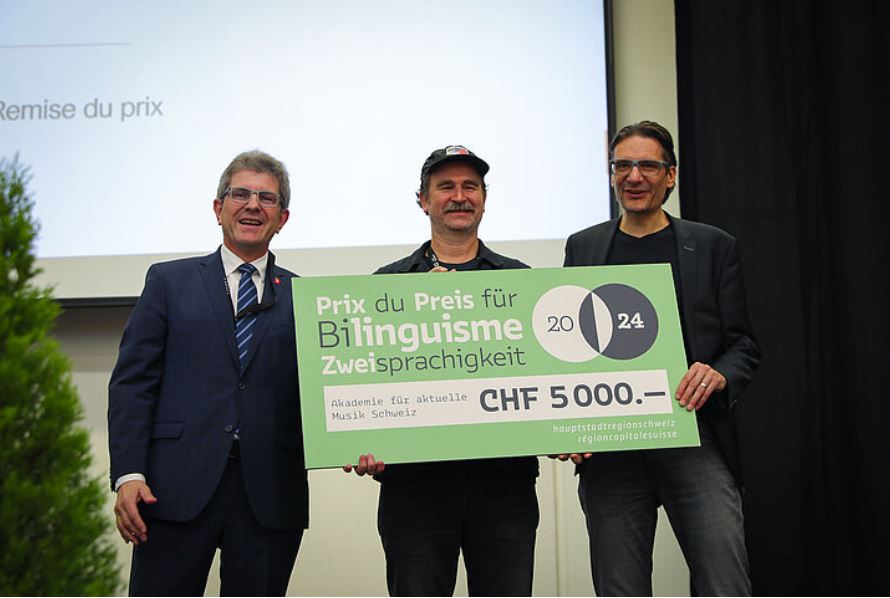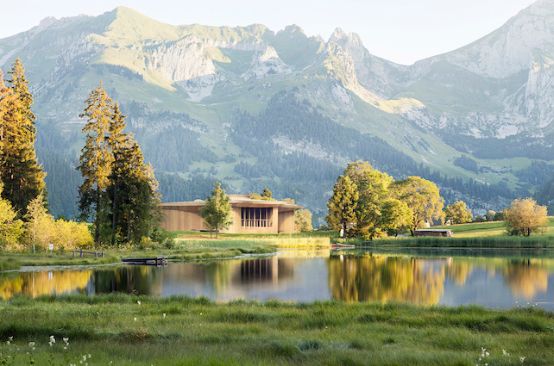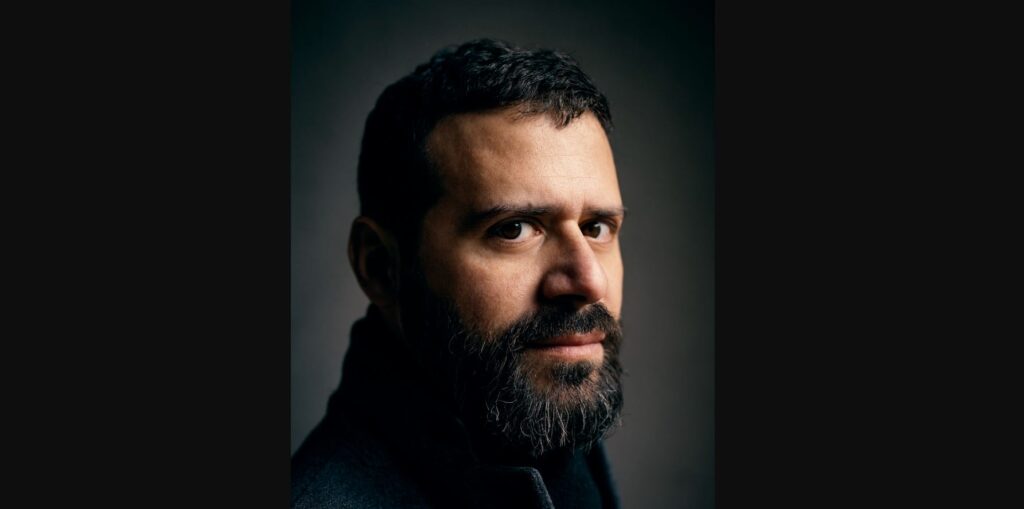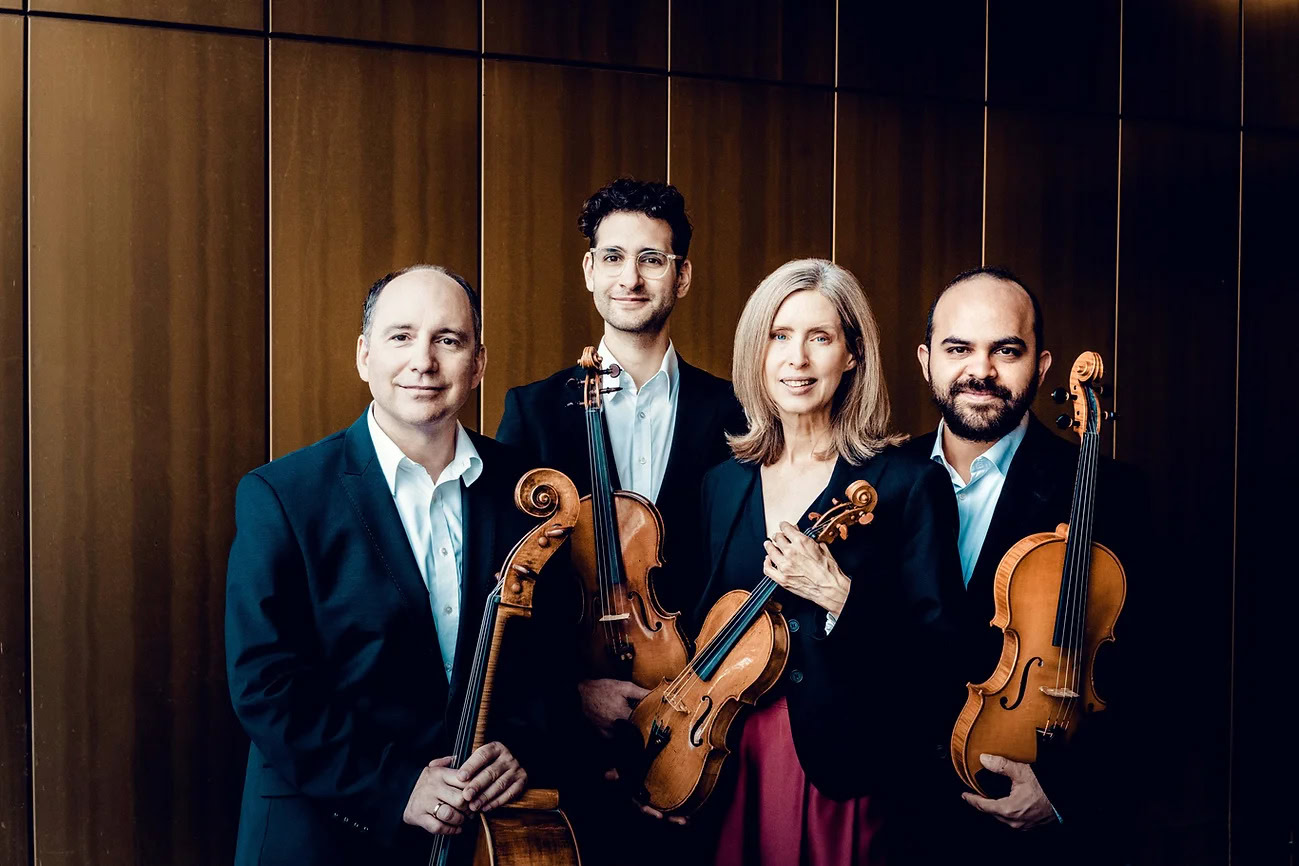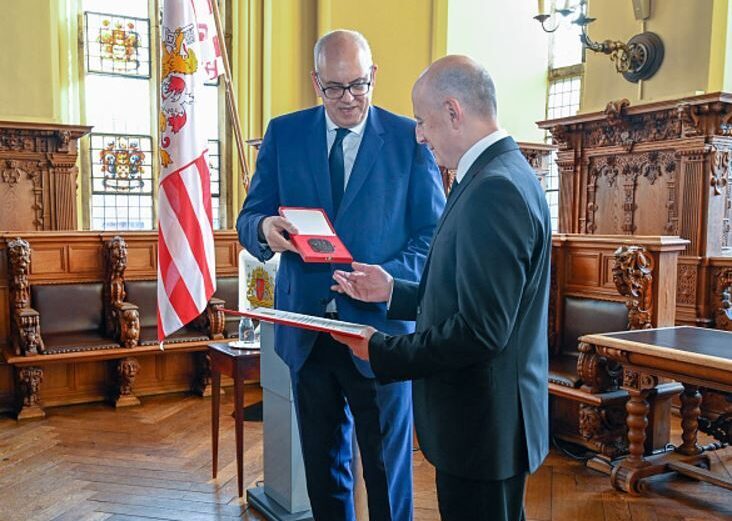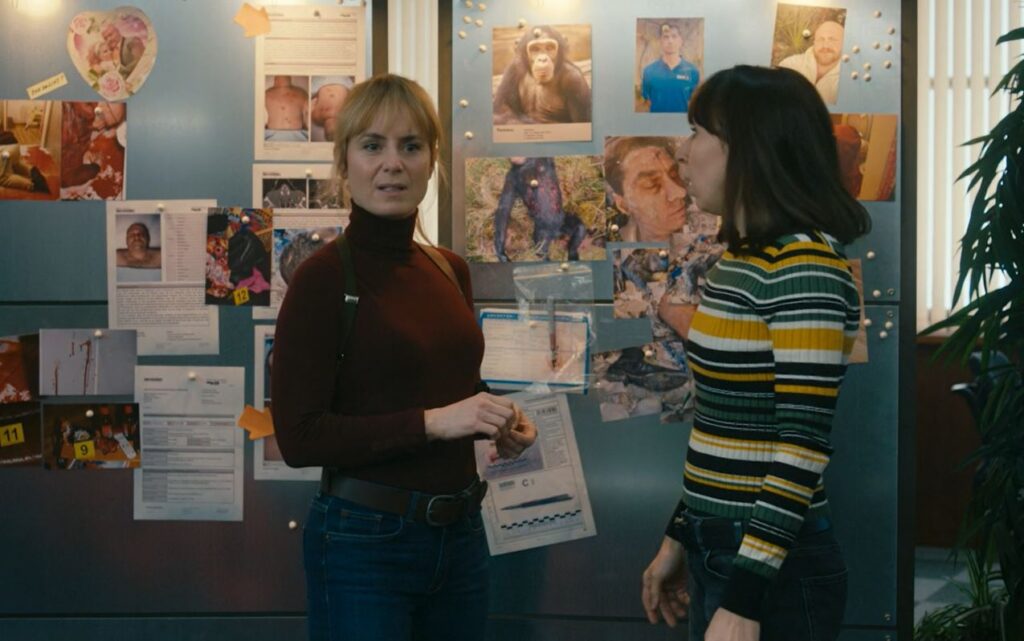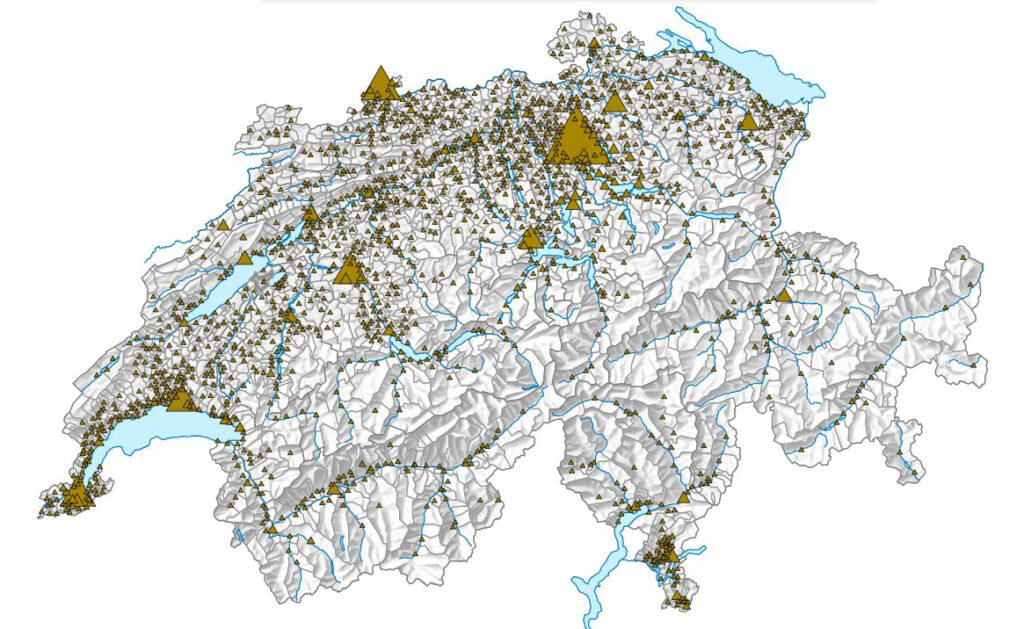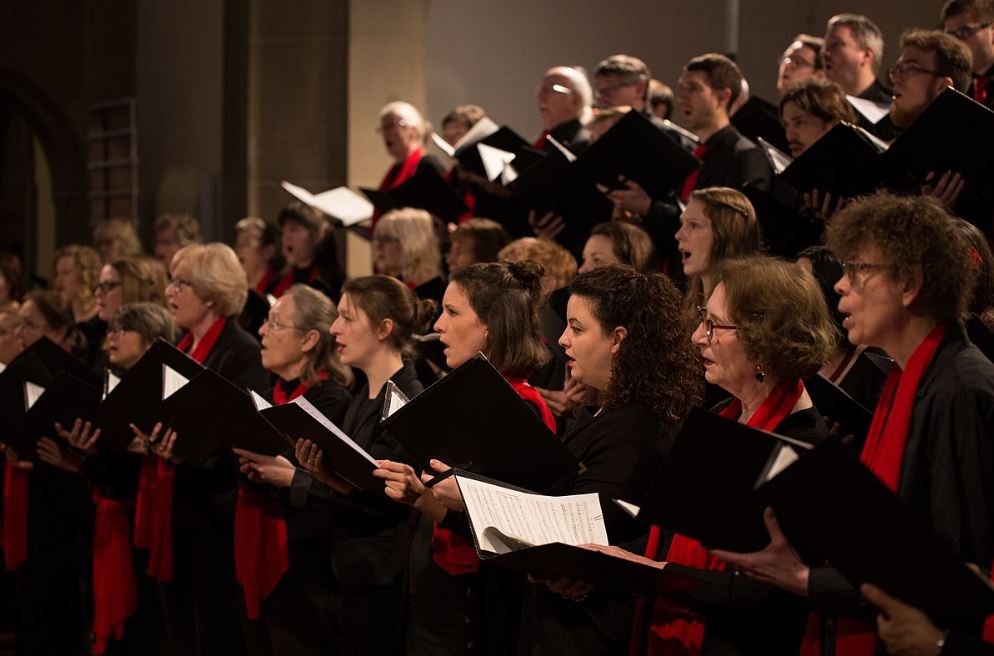Lea Gersl receives the Klopfenstein-Kubli Scholarship 2024
Lea Gersl receives the Barbara & Jürg Klopfenstein-Kubli Scholarship. The scholarship, awarded for the third time by the Fondation ZHdK, honors master's theses at the ZHdK that contribute to the further development of music therapy.

Lea Gersl is a graduate of the ZHdK (Zurich University of the Arts) MAS program in Clinical Music Therapy. She was recognized for her Master's thesis submitted in June 2024 with the title Music therapy in the mainstream school. Children with externalizing and internalizing behavioural problems in music therapy excellent.
In it, Gersl sheds light on music therapy interventions and the development of children's expressive and communicative behavior. The study is embedded in an international research project and draws on the promotion of research networking by Sandra Lutz Hochreutener, the former head of the study program and mentor of the work.






